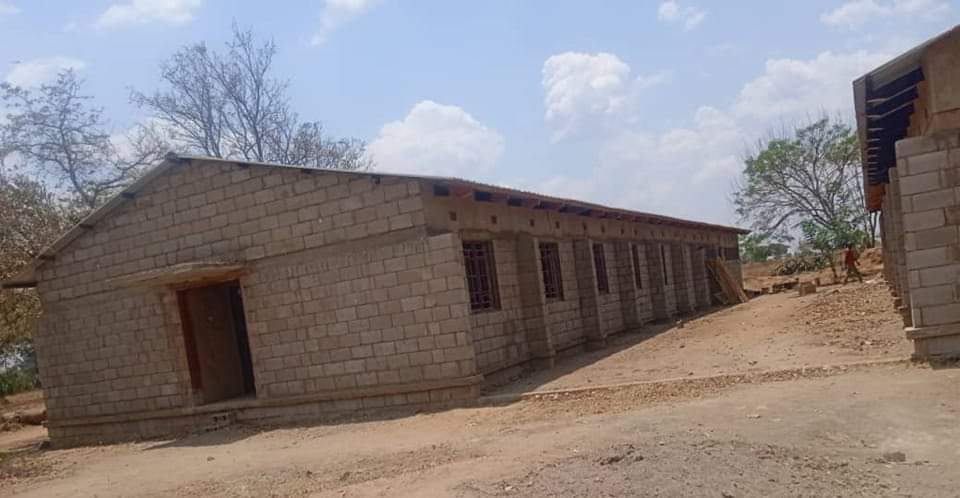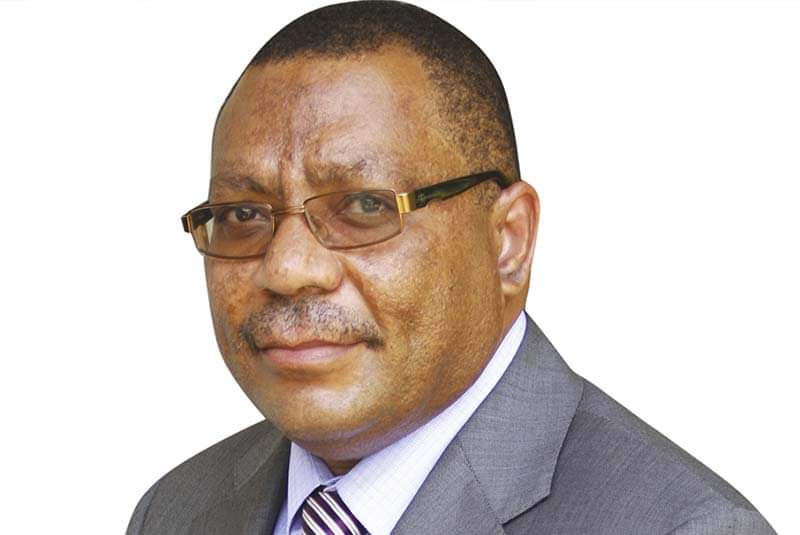By Burnett Munthali
After sending a questionnaire to Honorable Moses Kunkuyu, Malawi’s Minister of Information and Digitalization, via WhatsApp on October 7, 2024, we are still awaiting a response, marking eight days of silence. This delay comes despite a previous communication from the minister acknowledging receipt of our message and explaining that he had been traveling when our initial questionnaire was sent.
In a text response received shortly after our initial inquiry, Minister Kunkuyu stated: “I indeed opened this text but the time you sent this, I was boarding a flight traveling, and when I landed, this got buried in a traffic of texts on a queue before I could even address it and thereafter I forgot; which is very normal.” He also highlighted that he values the relationship with the media and has always endeavored to respond to questions, emphasizing the importance of professionalism in communication.
The minister further criticized the decision to publish an article regarding his delayed response, asserting it was unfair to rush into a negative portrayal without further attempts to engage him through a call. He expressed concern that such actions could affect the working relationship between his office and the media, which he described as built on mutual respect and professionalism.

The unanswered questionnaire was designed to delve into critical issues surrounding the government’s position on Sheikh Ahmed Al Qassimi’s recent statement, in which he denied any business ties to Malawi. This controversy has sparked significant public interest and concern regarding government accountability, transparency, and the potential implications for Malawi’s governance and international relations.
The questions raised in the questionnaire focus on various aspects, including:
1) Reaction to Sheikh Al Qassimi’s Statement: Seeking to understand the minister’s immediate response and what it suggests about the government’s due diligence when entering contracts with international partners.
2) Government Accountability: Drawing comparisons with past corruption scandals, like Cashgate, and assessing the current administration’s transparency and accountability.
3) Role of Oversight Institutions: Addressing the perceived silence of the Anti-Corruption Bureau (ACB) and its implications for public trust.
4) Public Scrutiny: Exploring the role of media and civil society in promoting accountability and transparency.
5) Impact on Governance and International Relations: Understanding the potential ramifications for Malawi’s international reputation and economic stability.
The prolonged silence from the Minister’s office raises concerns about accountability and transparency, especially in a political environment that demands prompt responses to public queries. Given the gravity of the issues surrounding Sheikh Ahmed Al Qassimi’s statement, timely communication from government officials is crucial for maintaining public trust and ensuring that citizens are informed about matters that could significantly impact governance and the economy.
Furthermore, the lack of response may suggest deeper issues within the government regarding engagement with the media and responsiveness to public sentiment. In a democracy, it is essential for government officials to prioritize communication with citizens and the media, as this fosters an environment of transparency and accountability.
As we await a response from Minister Kunkuyu, it is imperative for the government to recognize the importance of addressing public concerns and maintaining an open line of communication with the media. The delay in responding to our questionnaire not only hinders the flow of information but also impacts public perception of the government’s commitment to transparency and accountability.
In the coming days, we hope to receive the minister’s insights on the pressing issues surrounding Sheikh Ahmed Al Qassimi’s statement and the government’s stance on ensuring responsible governance in Malawi. Until then, the conversation on accountability and transparency within the administration continues, highlighting the critical need for responsive leadership in times of public scrutiny.





